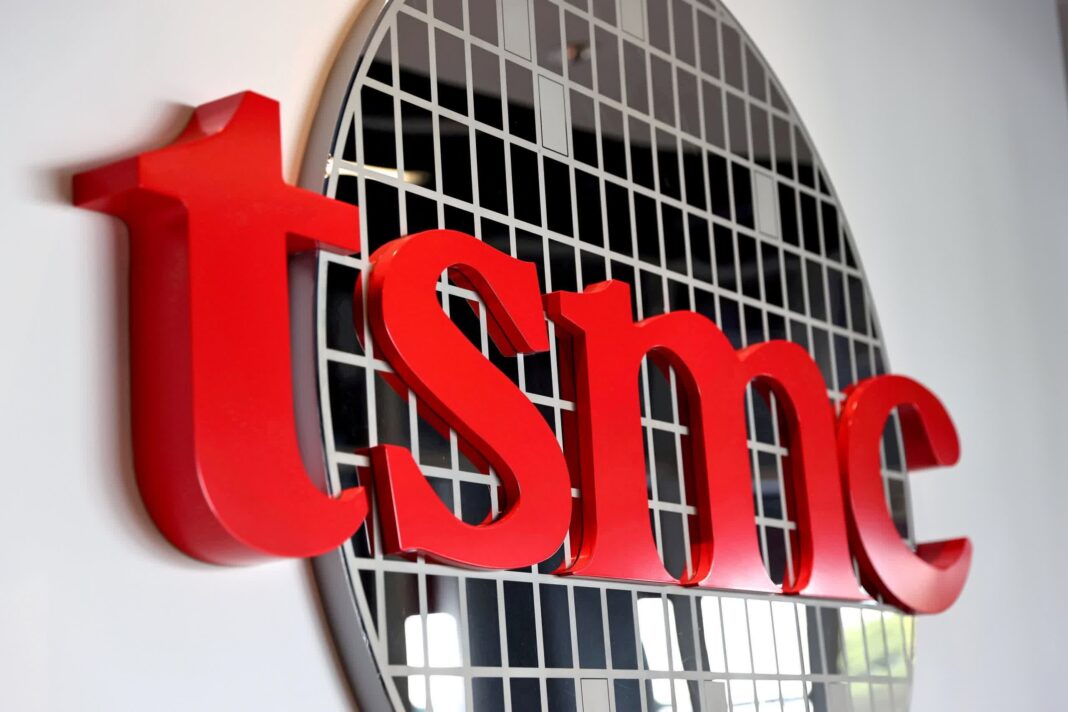Why it matters: Since the beginning of the chip shortage, many have expressed concern regarding the outsized role TSMC plays in the semiconductor supply chain.However, TSMC depends on materials from multiple countries to maintain production, including the recently-invaded Ukraine.
Taiwan Semiconductor Manufacturing Company (TSMC) has confirmed plans to bring some neon production to Taiwan to help secure its supply chain. The war in Ukraine has severely impacted the global market for this vital chip component.
Neon is one of the materials that lasers used in chip manufacture depend on, and half of the world’s supply came from Ukraine before the Russian invasion in February. Ukraine’s Neon manufacturers — Ingas and Cryoin — ceased production soon after the attack started, causing prices to increase.
The two companies likely had neon stockpiles, but they could be running out around now if they haven’t already. After ceasing production, Cryoin said it could hold out for three months. The status of neon stockpiles in other countries is also unclear.
The Taiwanese chip giant revealed plans to explore first-party neon gas production solutions this week, but building up local supplies could take years. Furthermore, TSMC says it’s impossible to localize all aspects of production.
Neon is a byproduct of steel manufacture, and purifying it requires other materials. The lack of those resources forced Cryoin to shut down even though its facility in Odessa hadn’t suffered Russian attacks.
Additionally, tensions between China, Taiwan, and the US have recently intensified due to US chipmaking sanctions in the region and communist ambitions to take control of Taiwan. The sanctions threaten to restrict TSMC’s business in China, while the company itself could be threatened if the Chicoms were to invade Taiwan.
All these factors encouraged TSMC to focus more on risk management over the last few years. The company has had to help its suppliers secure materials, increasing their level of coordination to iron out kinks in the supply chain.
A silver lining is that the challenges of the last few years provided an opportunity for TSMC to improve its recycling and decrease its carbon emissions. The company currently recycles 95 percent of its waste, generating millions in revenue from selling recycled material and savings in chip production.


